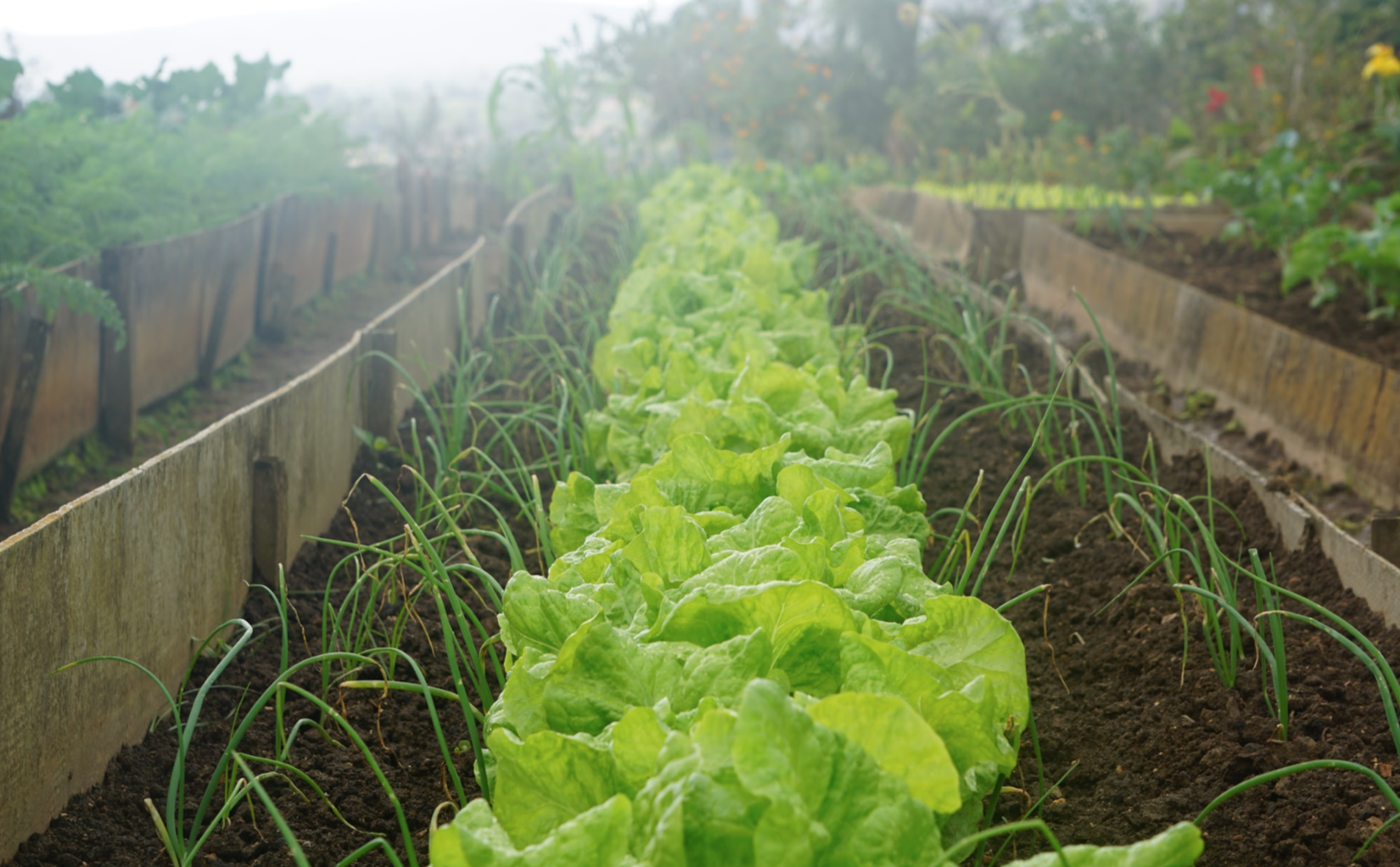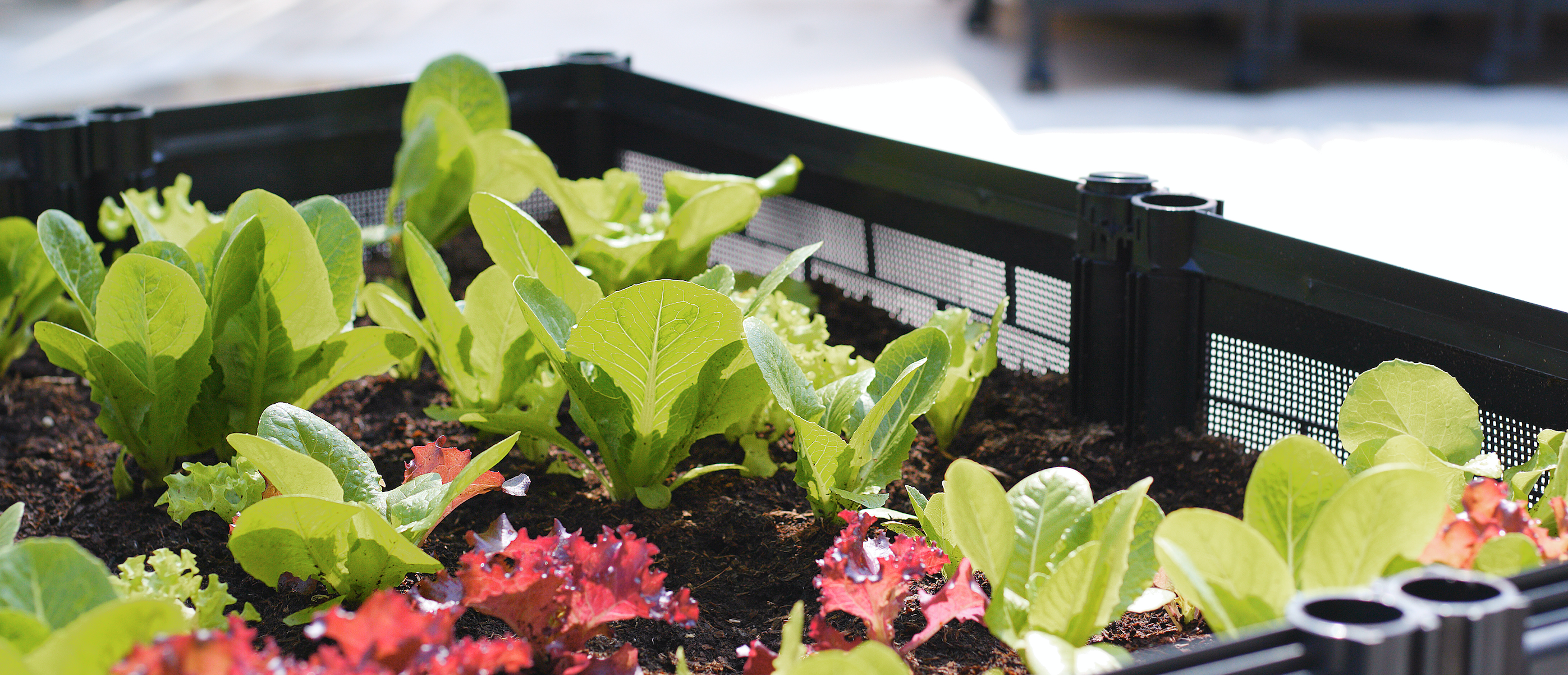2020 has been a tumultuous year, but it has also created new opportunities. An example is the growing demand for farm fresh local food and the response by farmers to start Community Supported Agriculture (CSA) collectives to meet that demand.
Evan Wiig from the Community Alliance with Family Farmers explains how COVID-19 caused a new demand for fresh and locally sourced food
“It’s a heyday for CSAs! Farmers that were starting in March struggling to get enough members for the season — which we see every year — by mid-March were dealing with waiting lists with hundreds of people trying to get in.”
If you are interested in starting or sharing your CSA, the Department of Agriculture has a handy Local Food Directory Registration & Update page to add or update your farm.
Urban Farmer Curtis Stone created a YouTube video helping individual farmers decide if they should start a CSA. “The CSA model allows farmers to not be so directly competitive against each other,” he explains.
“When you have a bunch of farmers selling at a farmers market, you are in direct competition with each other because you’re competing for the same customers in that same little geographical area. Whereas with a CSA, you can kind of choose the area that you want to service and farmers can cooperate.”
When You Shouldn’t Start a CSA
At the same time, Stone cautions many small farmers against starting CSAs. When making this momentous decision, you have to consider: what kind of diversity can I offer in my CSA subscription box?
“If you’re going to run a CSA program, it means you have to offer a variety of different stuff to make your box well-balanced so that people will buy it. If you’re only growing salad mix, baby root vegetables, and microgreens like I do, then that’s not really a good CSA box.”
Building a robust subscription box requires some serious commitment and land, according to Stone. A diverse box could include many vegetables: broccoli, carrots, cabbage, melons, and heirloom tomatoes.
“Then the value of your land goes down considerably because you have to grow low-value crops … a head of broccoli takes up about two and a half feet on a bed, where a bed of salad mix can be cut and come again many times and there’s a higher value per square foot.”
The Fair Share CSA Collation has created some practical toolkits for farmers interested in starting a CSA. The following toolkits are available for download:
CSA Incentives: “Incentives and rebates, when offered through an organization such as a health insurance company, can bring CSA to a more mainstream audience, increase opportunities for health and wellness, as well as increase the customer base for local CSA farms.”
Food Access: “What if lower-income families could have access to the same high-quality vegetables that more affluent people enjoy? Through education, outreach, community building, and resource sharing, we strive to make CSA more accessible to everyone.”
Promotions & Fundraisers: “detailed information on FairShare’s promotional and fundraising events, as well as an introduction to the strategies employed by other like-minded organizations.”
Workplace CSAs: “A CSA is about relationships, and working with a business is also about forming a helpful, professional relationship with the person or persons at a company working to bring CSA to their colleagues.”
Benefits of a CSA
There are many benefits for both farmers and consumers.
Not only does a CSA provide amazingly delicious and local food products, but it helps strengthen local food systems and economies. It’s not sustainable to outsource food production to other countries. It can be very costly and very damaging to the planet to ship food thousands of miles.
CSAs are a great supplement to existing food systems and they are definitely worth the investment from a consumer perspective.
In that video, Anne Cure of Cure Organic Farm in Boulder, Colorado explained how CSAs help you meet and understand the people who grow their food.
Farmers like CSAs because they can market their goods in advance of the growing and harvest season, when the days are long and they don’t have much time. It also means less waste because CSAs help farmers more accurately predict how many seeds to sow.
But above all, you will find that participating in a CSA provides an amazing additional gift — the benefit of a spiritual nutrition missing from our modern food chain.









